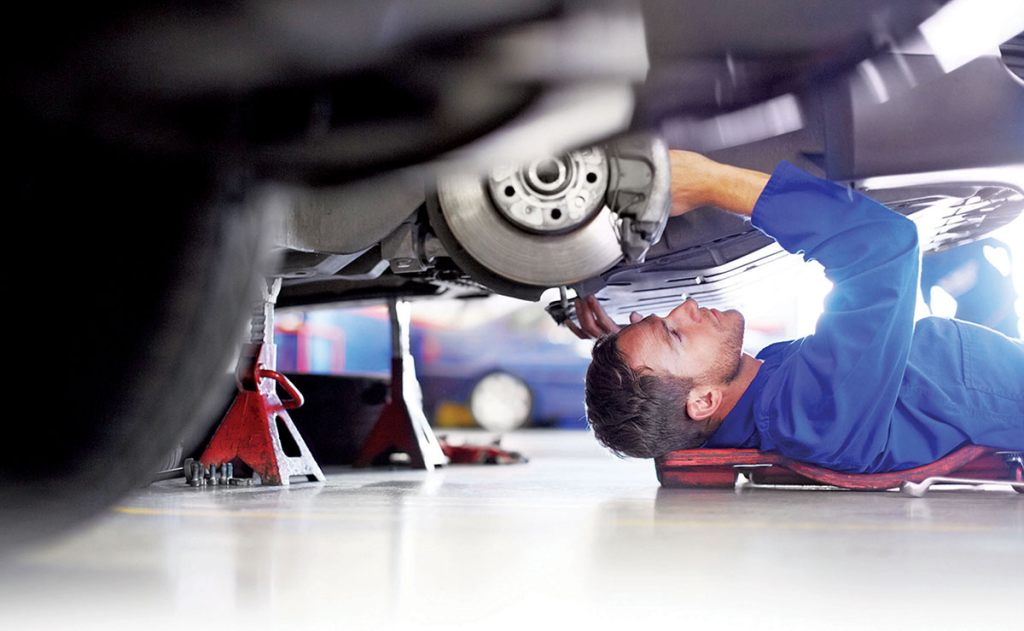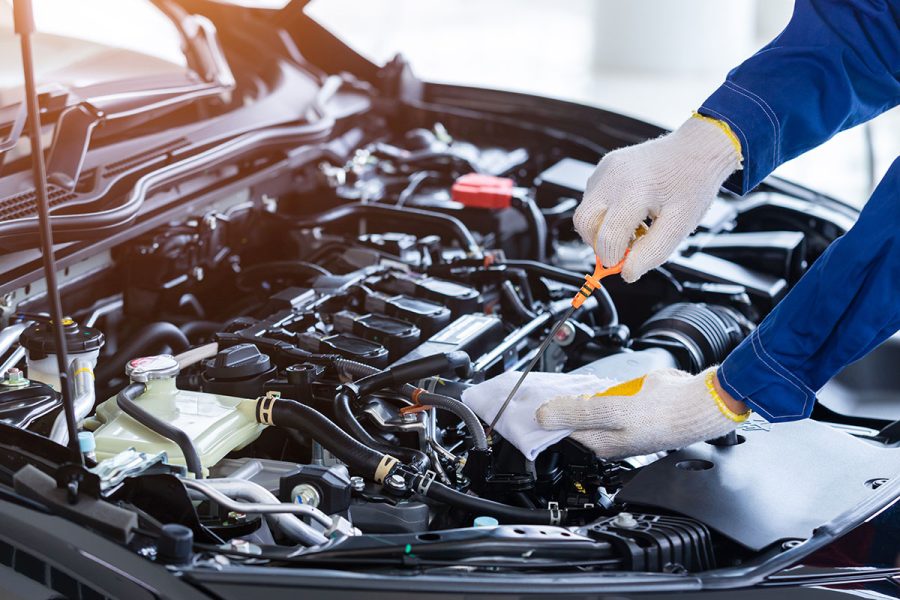If you’re in need of auto repairs, it’s important to know your rights. Most states have some form of consumer protection law (called UDAP, Unfair and Deceptive Acts and Practices) that can help you get the right information or make a complaint about auto repair services.
1. Estimates — Be sure to ask for one before any work is done on your car. The estimate should specify the condition that needs to be fixed, the parts that will be used, and the estimated labor charge. It should also state that you must give your approval for any work that exceeds the estimate.
2. Shop owner or manager — Always get your shop’s name and address before bringing your vehicle to them. This is an important step to protect yourself from a scam or fraud and will ensure that you receive the correct repairs for your vehicle.
3. Independent mechanic — You have the legal right to take your vehicle to an independent auto mechanic instead of going to a dealership or manufacturer-owned shop. This law, referred to as the “right to repair,” was passed in Massachusetts and has been endorsed by many other states.
4. Access to vehicle data — Telematics — is now more critical than ever for the independent auto care industry. Today’s vehicles are “connected” and have sophisticated electronics that transmit data wirelessly to the manufacturer. That data can include your location, your vehicle’s maintenance history, and other sensitive information about the operation of your car.
The Massachusetts right to repair law required that manufacturers provide consumers and independent auto repair shops with wireless access to this data, which makes it easier for these independent mechanics to fix a variety of vehicle problems. However, the law’s implementation has raised concerns that this type of information could be exploited by hackers.
5. Mechanic’s lien statute — Keep in mind that if you refuse to pay for a repair, the shop has the legal right to keep your car until it is paid. If you do not pay, the mechanic may take your car to a lender or sell it in order to get their money back.

6. Honesty — It goes both ways, but you’ll need to be truthful and up front about the repairs that are needed. Taking the time to explain to the mechanic the nature of the work that needs to be done and why it’s needed is essential.
7. Get a written work order — The law requires that any repairs be done on your vehicle following an initial work order that clearly states the work to be performed, fees, completion date and terms of payment. This document should be signed and dated.
8. Oral estimates — If you are not comfortable with the idea of having a written work order, an automotive repair facility can orally provide you with an estimate for a repair before performing any work. The person giving the estimate must make a written record of this verbal authorization and retain it for two years.




